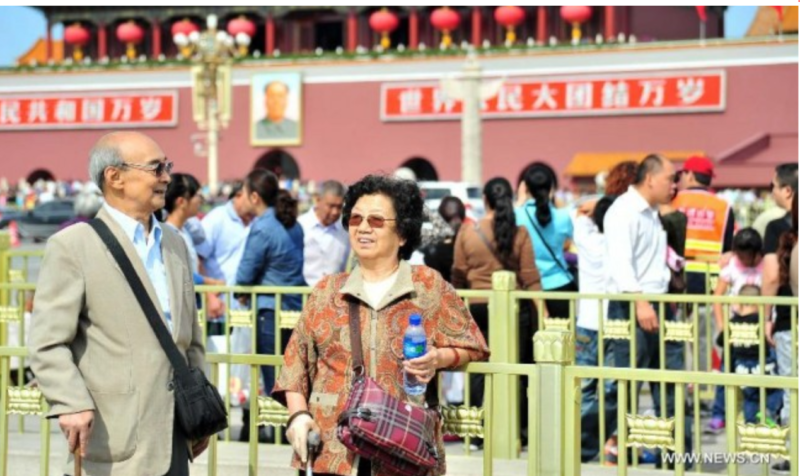Hospitality
Chinese consumers’ increasing demand for tourism and leisure activities boosts the hospitality industry. Between 2015 and 2019, the Chinese hotel market witnessed an average growth rate of about 4.7%, reaching 677 billion RMB of revenues in 2019. Non-chains hotels still dominate the market, leaving a great room for hotel chain brands, especially in lower tier cities, where people are looking for increasingly higher-end entertainment facilities.
We have previous experience in providing consulting services to the hospitality industry, from international chains to small private boutiques. Through our market researches and feasibility studies, we help our customers to have a deeper understanding of Chinese travel habits, experience, and perception towards leisure and entertainment facilities.
Despite the serious consequences resulting from travel restrictions during the Covid-19 pandemic, the hotel industry in China has experienced a fast recovery. Indeed, in the third quarter of 2020, hotels’ revenue per available room reached 80% of the same period in the previous year.
The impossibility to travel abroad pushed Chinese tourists to choose Sanya, in the tropical Hainan province, as their main destination in 2020, bringing it to record a greater occupancy rate than in 2019.
Artificial Intelligence is contributing to reshape a wide range of industries in the world, including the hotel market. Alibaba’s FlyZoo was a pioneer in the use of facial recognition, vocal assistants and robots in the hospitality industry, but many other luxury hotel chains have followed suit.
As the demand for customized services grows, AI technology in hotels can help to provide tailor-made experiences and services that better fit travelers’ expectations and tastes. Moreover, applying high-tech solutions to the whole customer journey grants hotel companies a significant competitive advantage by making their offers match with what their potential guests are looking for.
The gaming market in China witnessed a 44% year on year increase in 2020, fostering the mushrooming of e-sports hotels. This special category of hotels provide rooms equipped with gaming rigs, professional headsets, race simulator seats, and excellent quality computer screens.
The number of e-sports hotels spiked after Covid-19, climbing to over 10,000. Although they only accounted for 5.13% of the whole hotel segment, the potential market is large and has great potential to grow.




